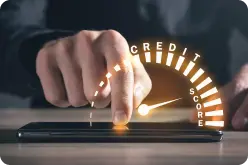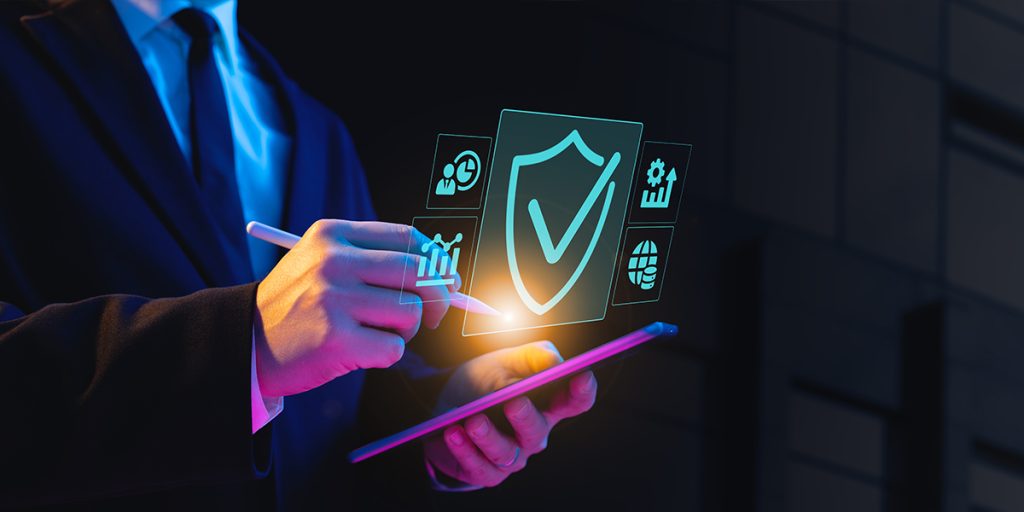The Score That Isn’t: Is a NO-HIT or -1 Credit Score a Financial Flaw?
For those who have diligently avoided debt and have never utilized a loan or credit card in India
Overview
For those who have diligently avoided debt and have never utilized a loan or credit card in India, checking your credit score can yield a surprising result: a -1 or a No Hit (NH) designation.
This isn’t a score in the traditional sense; it simply means the credit information companies have no history.
So the crucial question is, “Is this “no score” state bad?”
The short answer is no, it’s not inherently bad.
It’s a genuine condition for a college graduate starting their first job or a homemaker applying as a co-applicant on a large loan. However, the lack of information can become a hurdle. Without a track record, banks and NBFCs lack a credible source to assess your risk, leading to a longer decision-making process, or, an outright rejection of a loan application.
In this instance, a lender must rely on alternative, slower mechanisms to assess your creditworthiness. Therefore, while -1 or NH isn’t a black mark, it is a state you will eventually need to graduate from to access better financial products.
The Credit Launchpad: Simple Steps to Build Your History
To transition from financial anonymity to a scoreable profile, you must establish a relationship with credit. The saying goes, “good things take time” and the same applies to your credit history! It typically takes six months to a year of effective credit usage.
Here are four simple and effective starting points to build that foundational score:
- Start with Your Existing Bank: Your current bank, especially the one handling your salary account, already has a relationship with you. They are often more inclined to offer a basic credit card to existing customers, mitigating the concern of no credit history. You might receive a lower initial credit limit, but this is the perfect opportunity to practice responsible usage. Remember to keep your utilization low and pay off all dues on time.
- Opt for a Secured Credit Card: If the first option is unavailable, a Secured Credit Card is a guaranteed entry point. By depositing a small sum into a Fixed Deposit (FD), the bank will issue a credit card with a limit of up to 80% of that deposit. This is a safe and effective method for self-employed individuals and professionals, as the FD acts as security.
- Apply for a Small Ticket EMI Loan: Looking for a new smartphone, laptop, or TV? Take out a small Consumer Durable Loan (often zero-cost EMI) at a large retail store or an e-commerce platform. Financiers in this segment are generally more comfortable approving loans for customers with no credit history, and approvals are often instant. This is a low-risk, high-impact way to introduce installment debt to your report.
- Consider a Secured Personal Loan: If you have existing Term Deposits, many banks offer Personal Loans against Deposits. Since your FD is the security, the bank may waive the stringent credit report check. These loans are typically favorable, carrying an interest rate of your FD rate plus 1-2%, resulting in an effective rate that is easy on the pocket (often 7-10%).
Table of content
 Conclusion
Conclusion
By applying and diligently managing one of these forms of credit, you initiate the flow of data to credit bureaus. Consistent, timely repayments are the non-negotiable building blocks that will translate into a strong credit score, reflecting excellent credit habits and opening doors to future financial opportunities.



